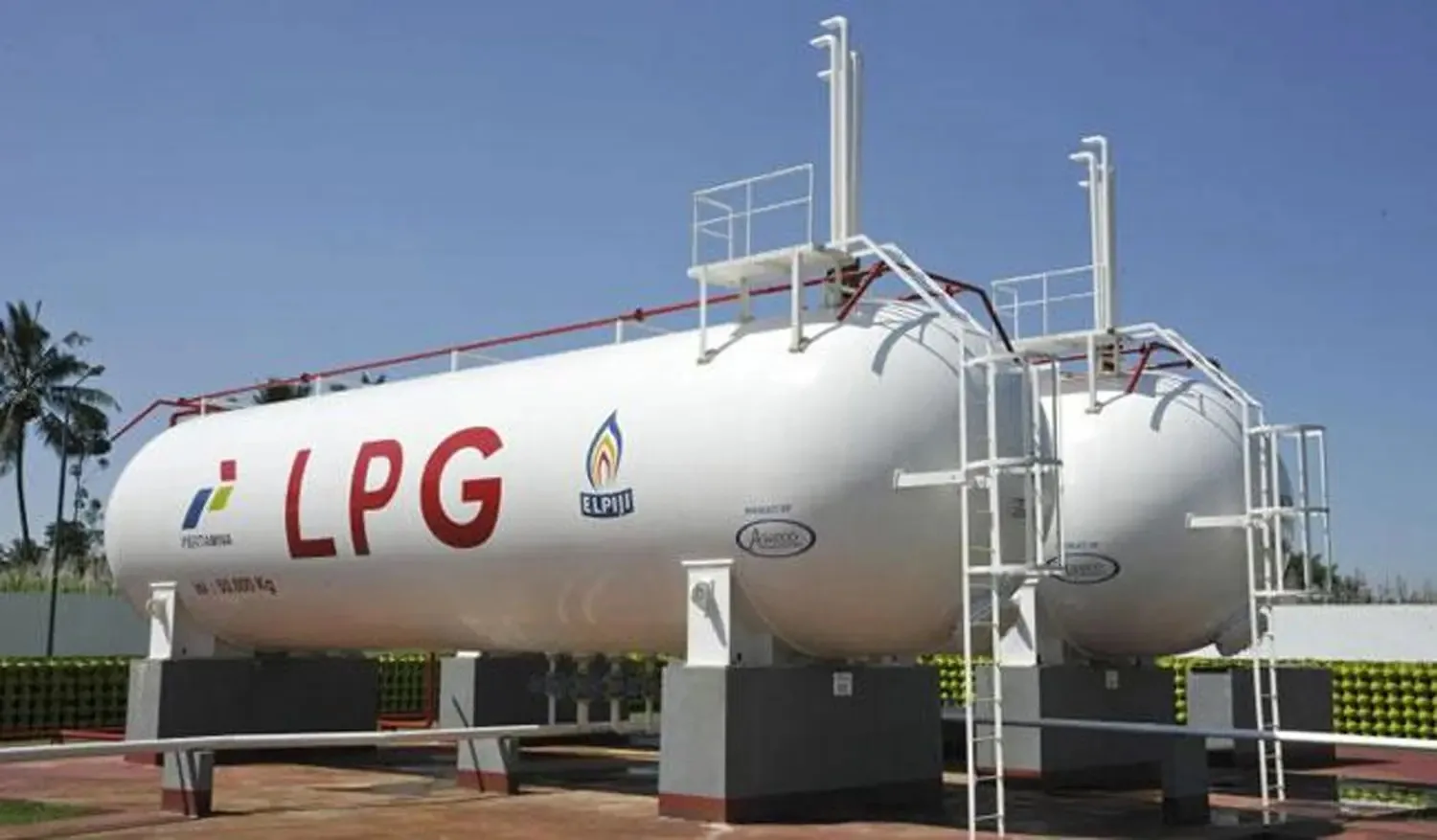The Nigeria Customs Service (NCS) has announced a 0% import duty on equipment for Compressed Natural Gas (CNG) and Liquefied Petroleum Gas (LPG) as part of the government’s drive to promote domestic gas utilisation.
This policy shift aims to reduce costs, enhance energy security, and support the transition to cleaner energy.
Join our WhatsApp ChannelCustoms Cites Legal Backing for the Policy
According to a statement signed by the NCS national public relations officer, Abdullahi Maiwada, the new policy aligns with the Tinubu administration’s commitment to boost gas use across Nigeria.
The NCS noted that, under Part 1, Section 5 of the Customs and Excise Tariff Act, all machinery, equipment, and spare parts related to gas utilization are now exempt from import duty.
What the Customs Duty Exemption Covers
The Nigeria Customs Service clarified that the exemption extends to all CNG and LPG-related equipment brought into the country.
This includes components for CNG and LPG systems, conversion kits, and equipment for the expansion of the Presidential CNG Initiative. Additionally, feed gas for processed gas and imported CNG and LPG are covered under this exemption.
READ ALSO: Hold Nigeria Customs Responsible If I go Missing, Soyombo Cries Out
The NCS further announced that all CNG and LPG equipment components, including conversion and installation services, are now zero-rated for Value Added Tax (VAT). This move is expected to lower the cost of importation and make it easier for businesses to invest in gas infrastructure.
Customs Explains Compliance Requirements
Importers who wish to benefit from the 0% import duty must follow specific guidelines. The NCS stated that importers are required to obtain an Import Duty Exemption Certificate (IDEC) from the Federal Ministry of Finance. Additionally, they must secure a letter of support from the Office of the Special Adviser to the President on Energy.
On VAT exemptions, the NCS disclosed that LPG imported under HS Codes 2711.12.00.00, 2711.13.00.00, and 2711.19.00.00 is now exempt from both Import Duty and VAT. As a result, the NCS will withdraw all Debit Notes issued to petroleum marketers who imported LPG under these codes from August 26, 2019, to the present date, in line with previous government approvals.
Customs Highlights Broader Benefits
The Customs Service emphasized that the new import duty exemptions are designed to reduce the cost of living, enhance energy security, and accelerate Nigeria’s shift to cleaner energy sources. Speaking on the broader implications, the NCS highlighted the economic benefits of easing import costs on CNG and LPG equipment.
In his remarks, Abdullahi Maiwada noted that the policy would “alleviate the financial burden on businesses and consumers, thereby promoting access to affordable energy solutions.” He added that “this initiative is part of a broader strategy to strengthen Nigeria’s energy sector and align with the government’s clean energy goals.”
Customs Urges Stakeholders to Comply
The NCS called on stakeholders, including importers and petroleum marketers, to comply with the new directives. The Comptroller General of Customs, Bashir Adewale Adeniyi MFR, assured the public that the agency is committed to ensuring the effective implementation of the new policy.
“We urge all stakeholders to ensure strict and prompt compliance,” the NCS stated. The agency reaffirmed its commitment to maintaining transparency and facilitating trade under the new import duty regime.
This initiative is seen as a major step toward enhancing Nigeria’s energy transition and supporting the country’s move toward a sustainable energy future.
Emmanuel Ochayi is a journalist. He is a graduate of the University of Lagos, School of first choice and the nations pride. Emmanuel is keen on exploring writing angles in different areas, including Business, climate change, politics, Education, and others.


















Follow Us